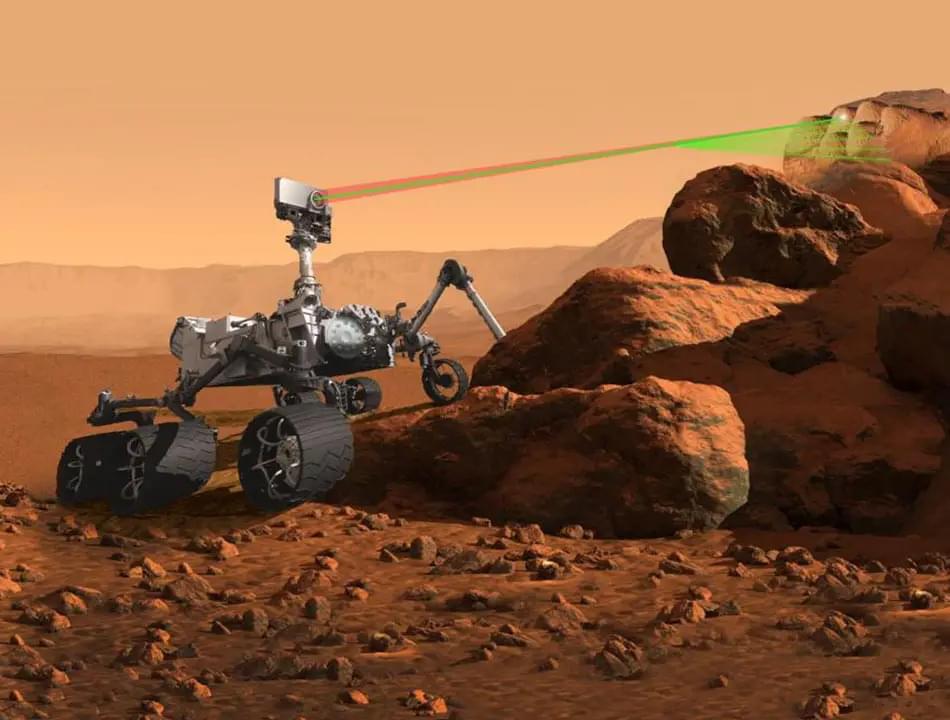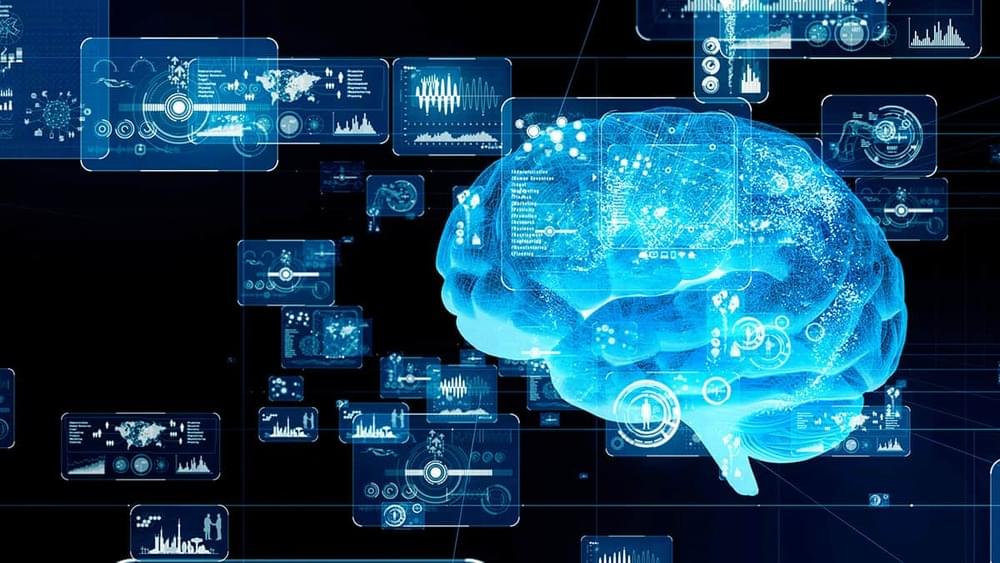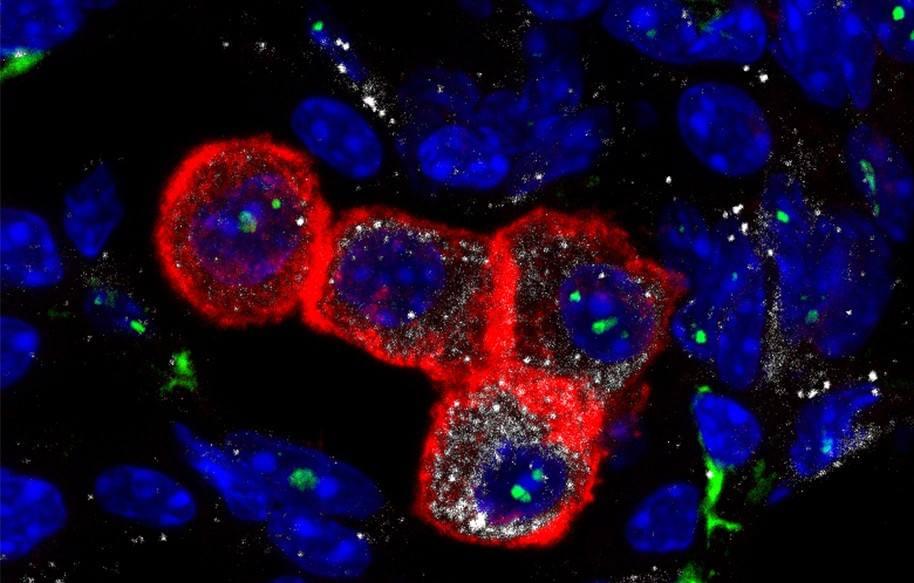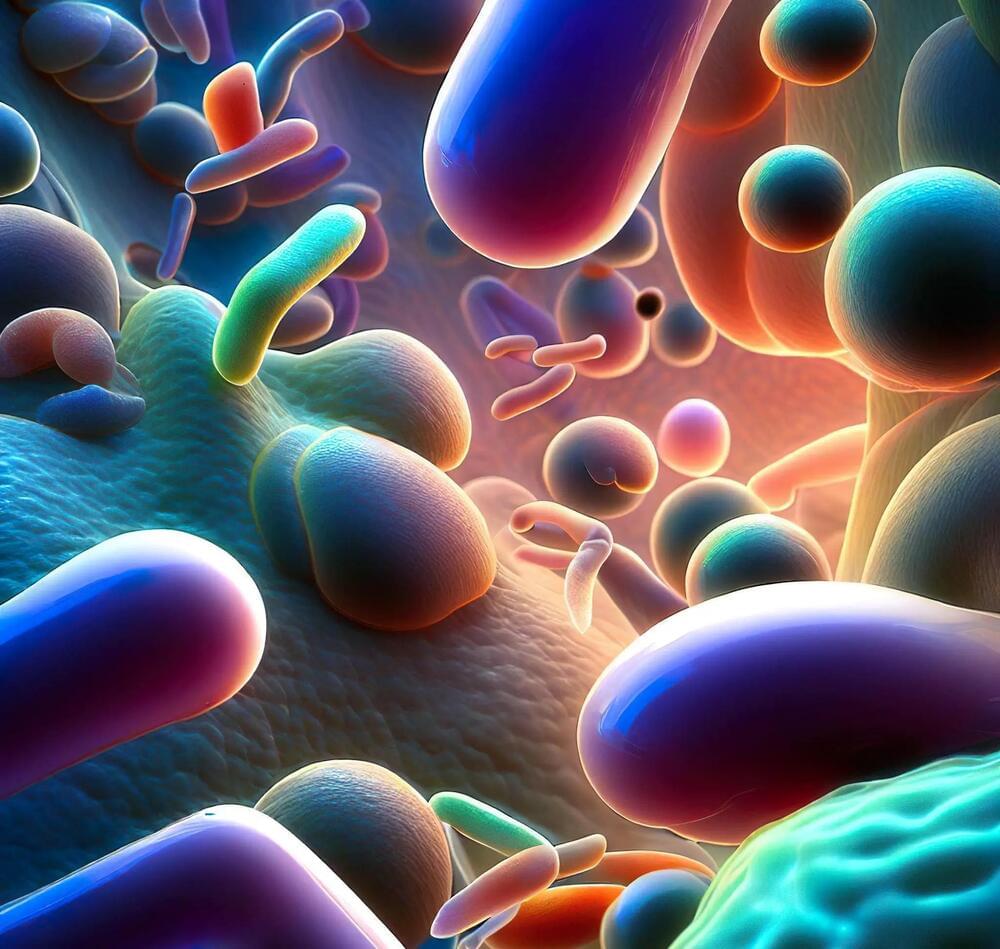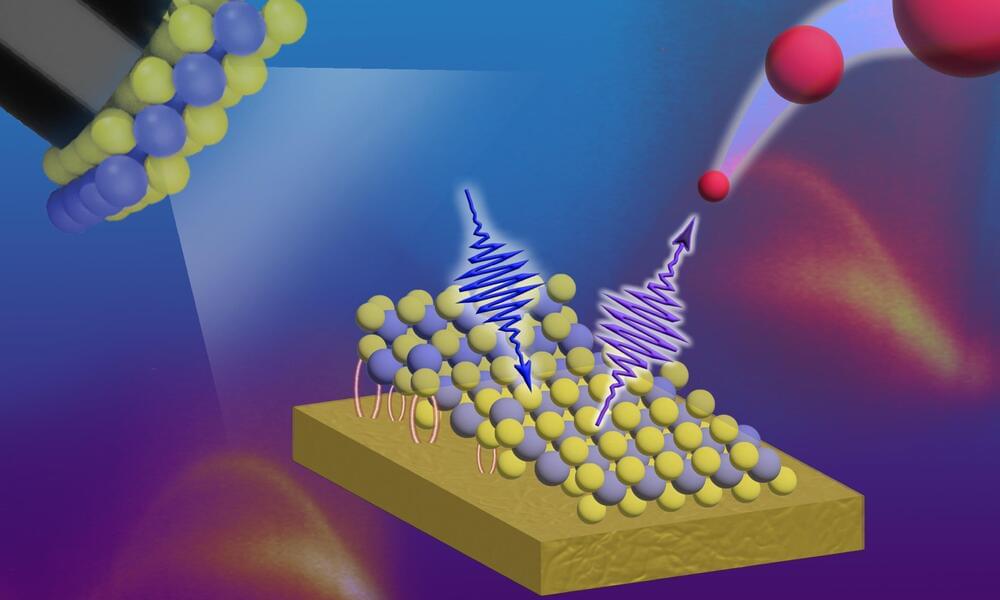Jun 27, 2023
Boulder Bonanza! Science and Sampling Attempts at the Onahu Outcrop on Mars
Posted by Quinn Sena in categories: science, space
Mars Perseverance Rover struggled to collect samples from a crumbly, potentially conglomerate rock at the Onahu outcrop, before exploring another location, Stone Man Pass. Meanwhile, the rover continues to analyze nearby boulders and progress towards Jezero’s inner rim, home to the anticipated carbonate-rich “margin unit,” in pursuit of insights into Mars’ geological history.
Recently on Mars, Perseverance wrestled with sampling a crumbly rock and continued the mission’s boulder-bonanza!
Perseverance spent 3 weeks exploring the Onahu outcrop, after having previously performed an abrasion named Ouzel Falls. From this abrasion, scientists saw that the rock is most likely a conglomerate worth sampling, but was also likely to be crumbly.
